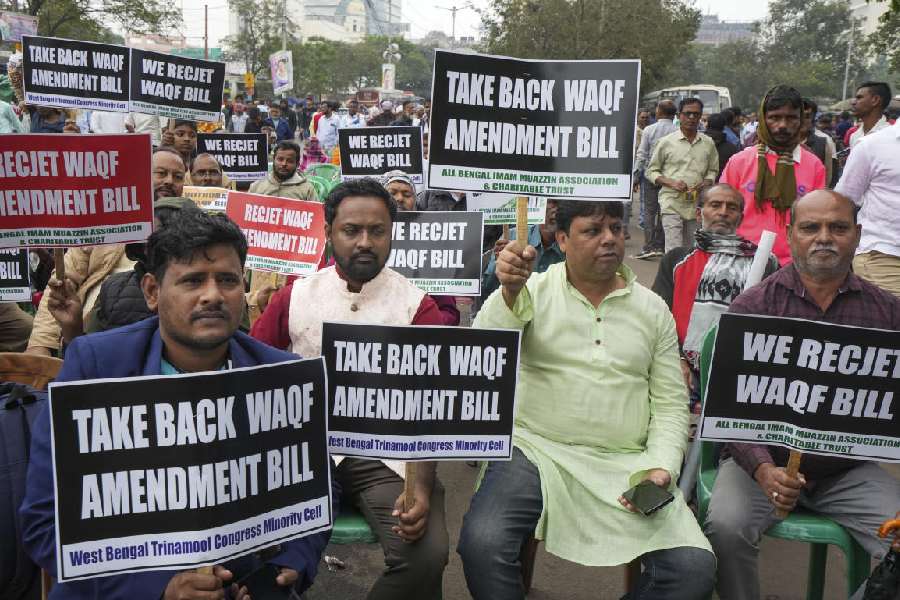Climate change is destabilising the planet. Governmental incentives on renewable, clean energy are positive steps to combat climate change impacts. With depleting fossil fuel resources and costly imports, renewable energy seems the most logical policy. But unrevised incentive policies associated with renewable energy, the demand for more cost-effective technologies and high dependence on thermal power is making this goal difficult to achieve. The Paris agreement held on December 21, 2015 under the United Nations Framework Convention on Climate Change (UNFCCC) aims to combat climate impacts by reducing greenhouse gas emissions and also reducing the global temperature increase to below 2 degrees Celsius, compared to pre-industrial levels. In pre-industrial times, the carbon dioxide level in the atmosphere was 280 parts per million (ppm). Today it has increased to 415 ppm. The global lockdown due to Covid-19 drastically altered the global pattern of energy demand. India itself recorded about 25-30% reduction in energy demand in April 2020, compared to preceding years.





